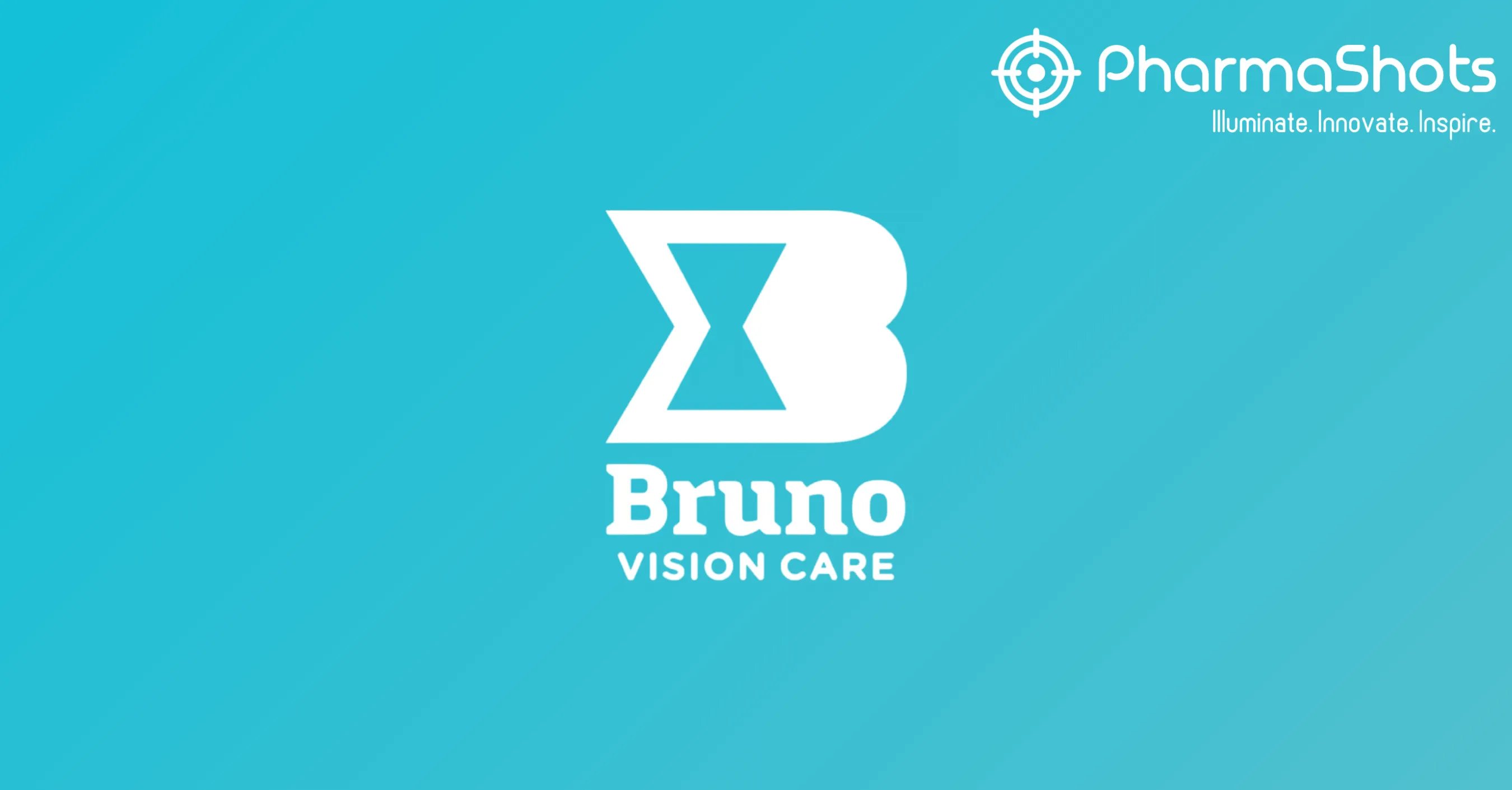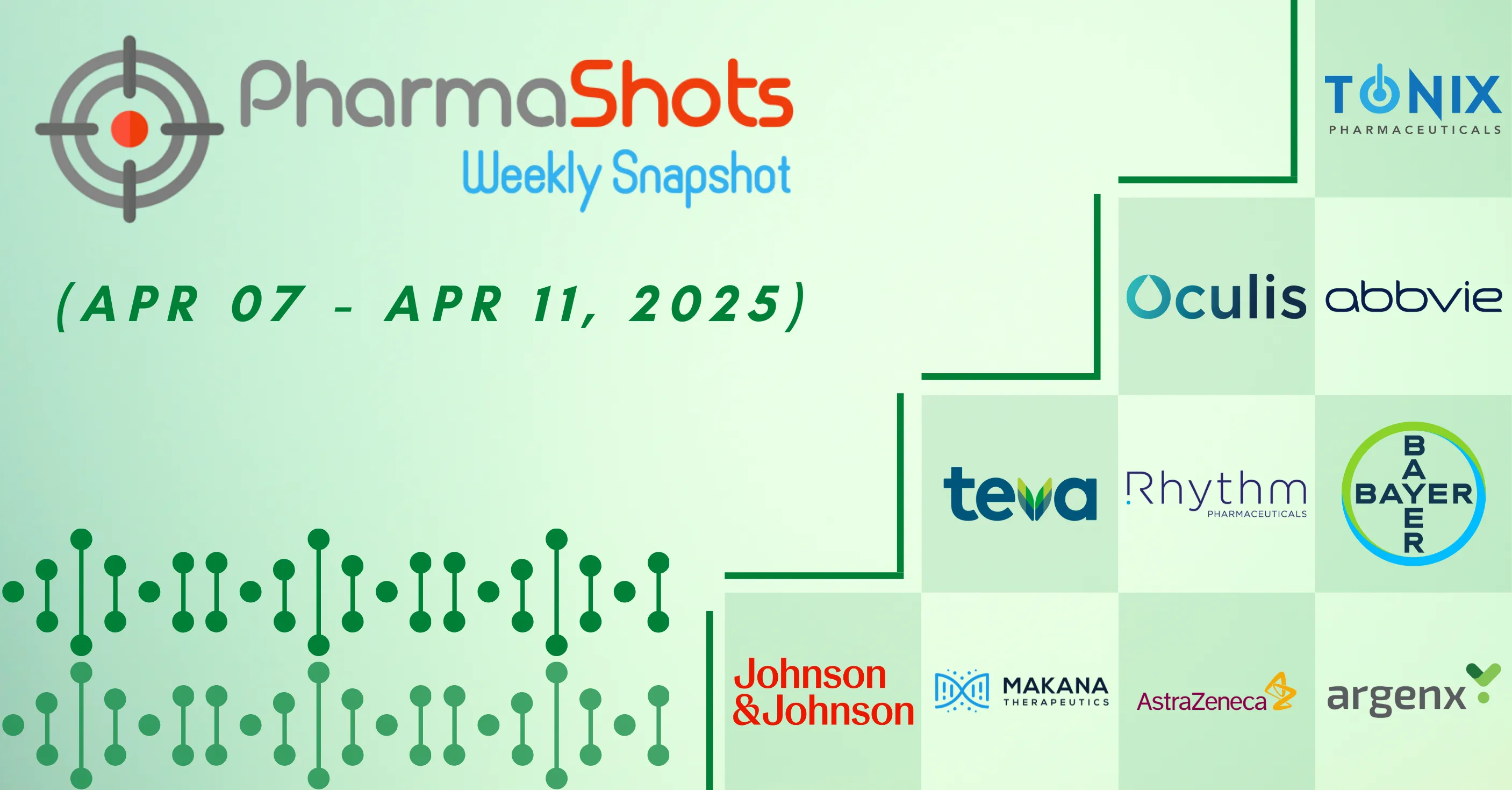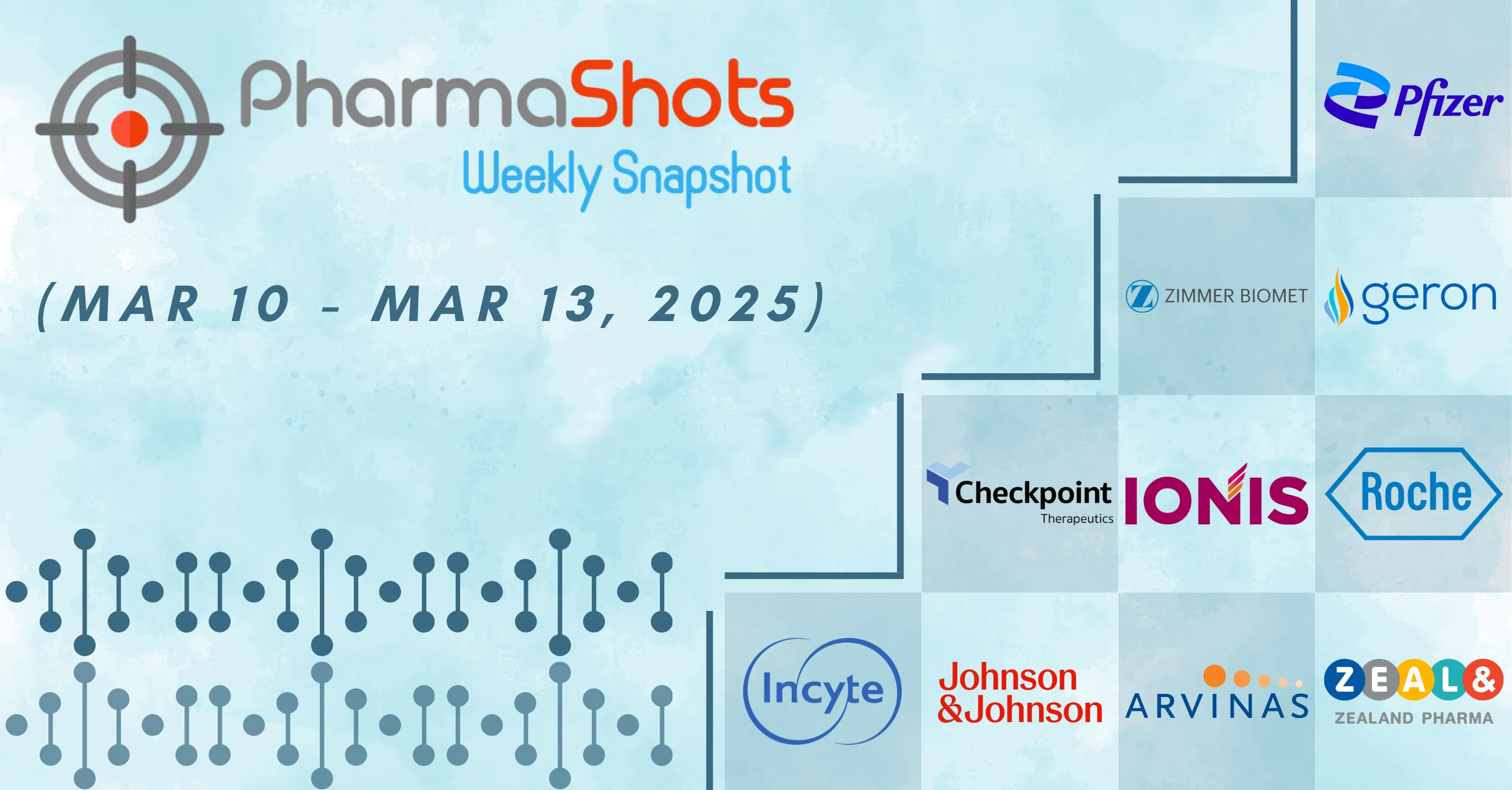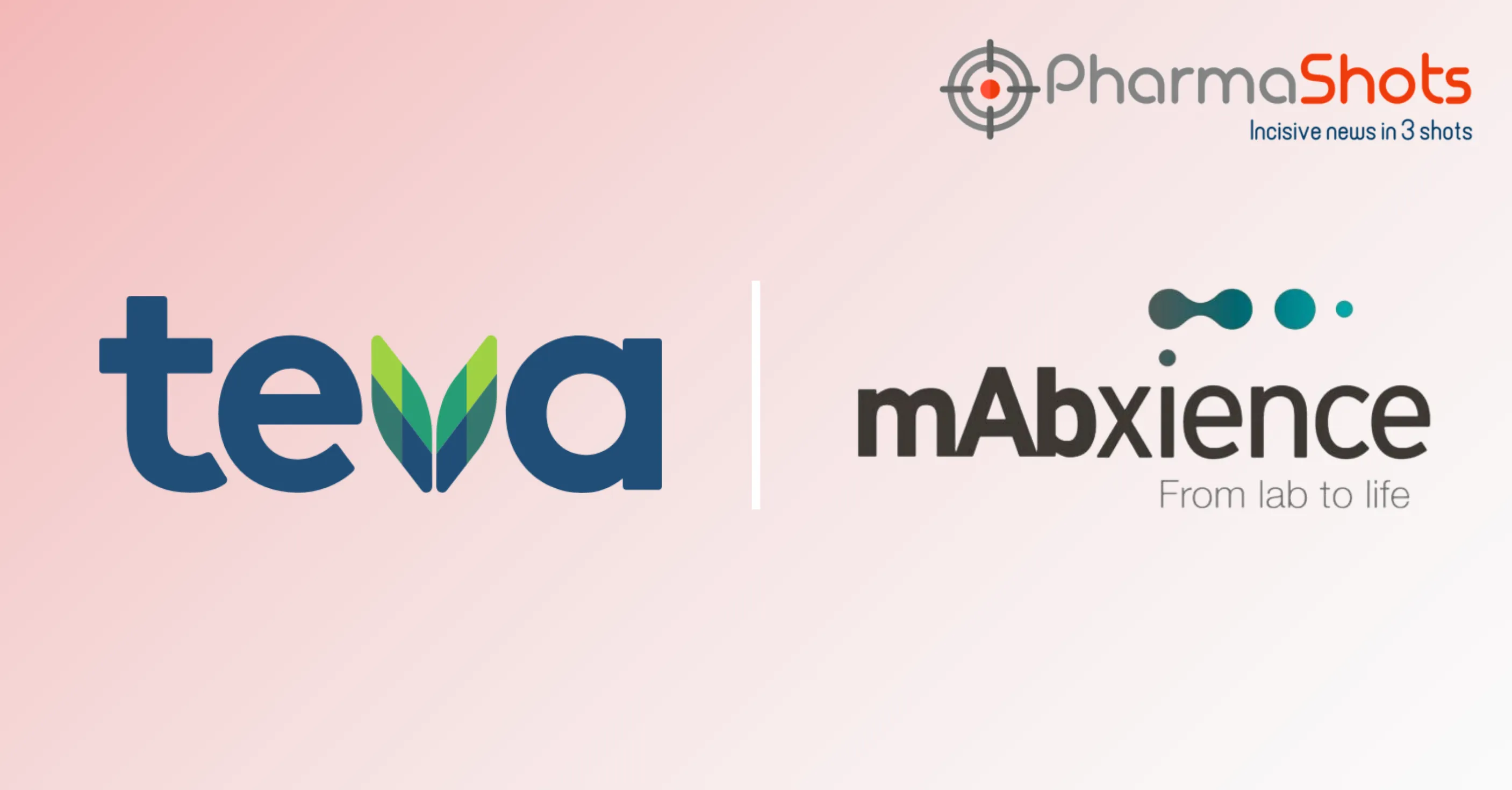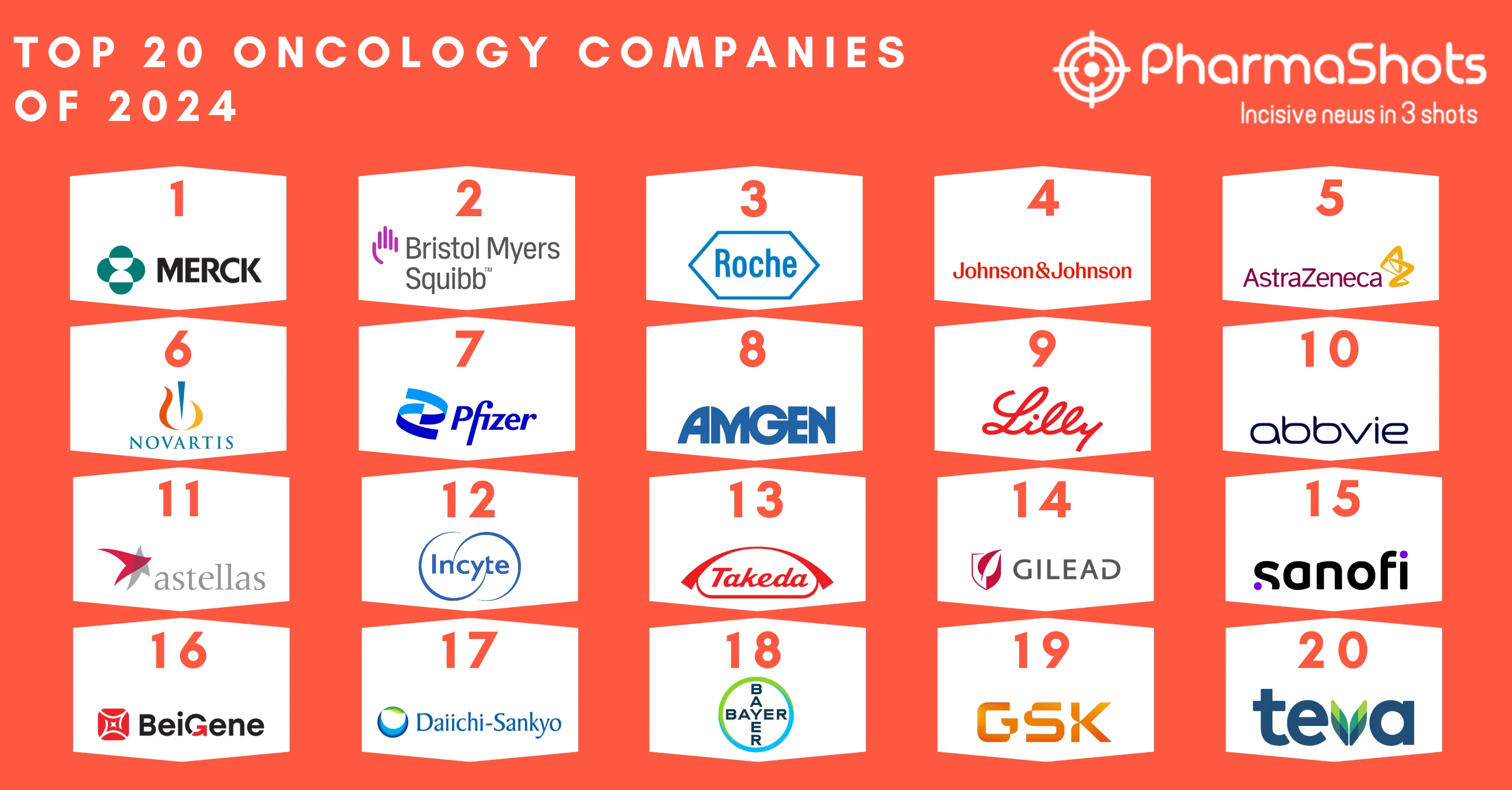
Boston's EXALT Model B Single-Use Bronchoscope Receives the US FDA's Clearance for Bronchoscopy Procedures
Shots:
- The US FDA has granted 510(k) clearance for EXALT Model B single-use Bronchoscope to use in bedside procedures within ICU and OR and will be available in the US in the coming wks.
- The device is being used for bronchoscopy procedures including secretion management- airway intubation- percutaneous tracheostomy- double-lumen endotracheal tube placement- and biopsies
- The device is available in three different sizes i.e.- slim- regular- and large that are designed to deliver high suction and precise imaging. In May’21- EXALT Model B Bronchoscope received the CE mark in EU
| Ref: PR Newswire | Image: Medical Device Network
Click here to read the full press release

This content piece was prepared by our former Senior Editor. She had expertise in life science research and was an avid reader. For any query reach out to us at connect@pharmashots.com




